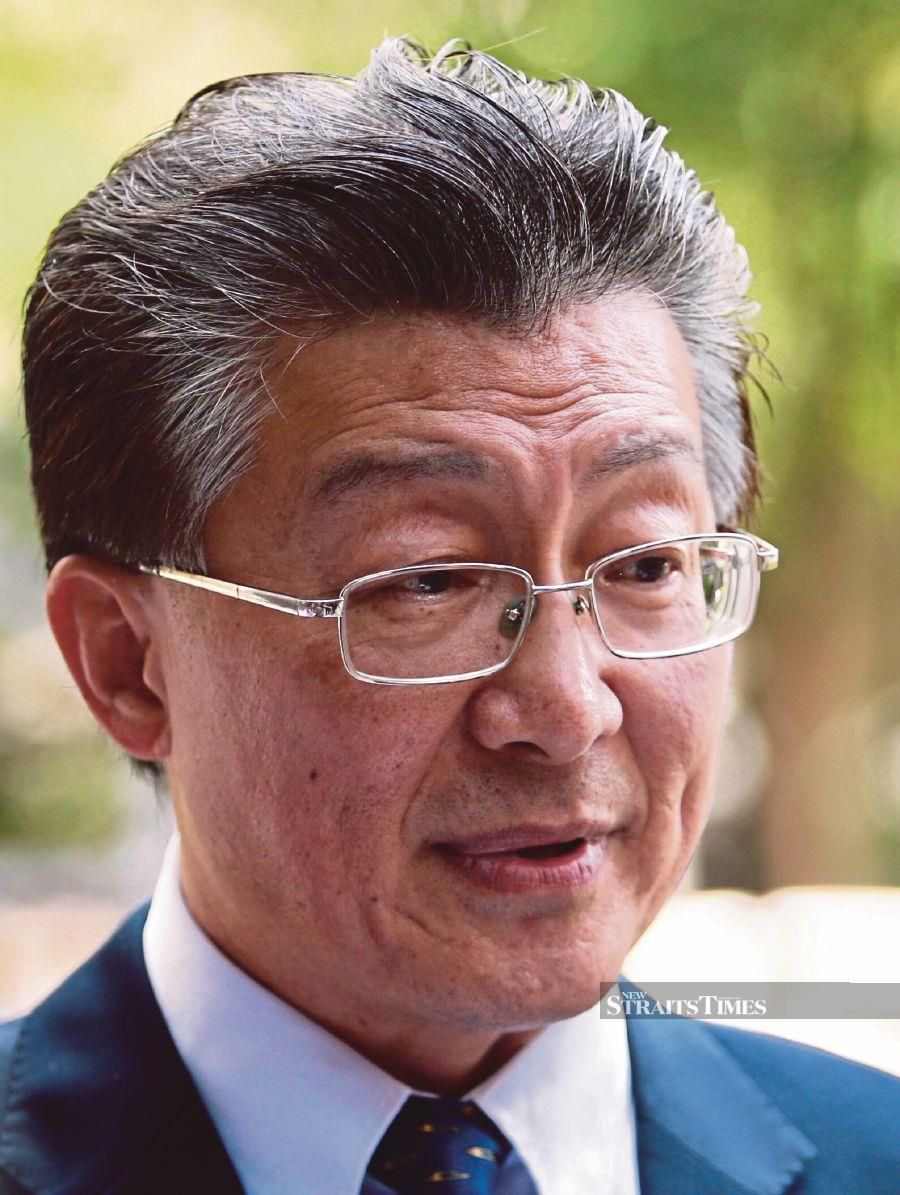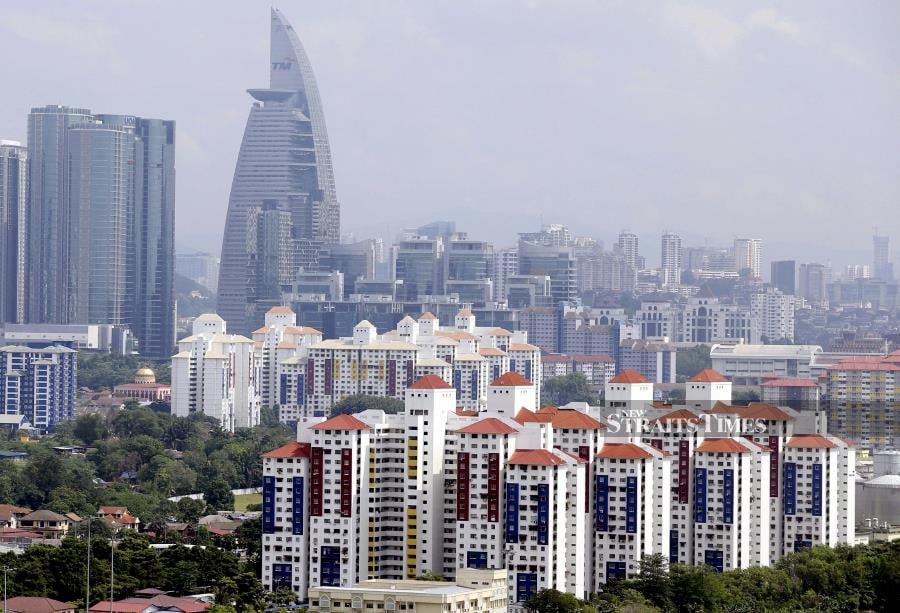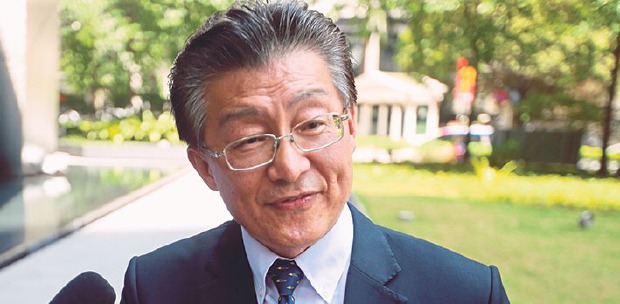KUALA LUMPUR: Unaffordable housing remains unresolved, and the younger generation might need to lower their expectations and consider renting instead, industry experts said.
The housing problem is centred on soaring prices of properties that are incompatible with people’s income, thus diluting affordability.
National House Buyers Association honorary secretary-general Datuk Chang Kim Loong said aspiring homebuyers should continue renting until they were financially ready to buy homes.
“Buying a house is not as easy as it was 10 years ago. Due to the rising cost of living and escalating house prices, it has become more challenging for the current generation to buy their first home.
“A property is often seen as more than just a roof over your head, especially in the Asian context where properties are seen as long-term security, more so during one’s golden years.
“Acquiring a property will be the single biggest purchase and financial commitment that an average person will make in his lifetime, hence careful thought and planning must be done and it should not be made on impulse or trend.”
He reiterated the importance of being practical, including conducting a detailed calculation on one’s financial viability.
“When homebuyers take a loan that they can’t afford, this will mean that they will have to cut back on other areas. This will leave them having little to no savings for emergencies.”

He said there was no shame in renting a home.
“As the economy is slow, it remains a tenants’ market and those who are renting should search for the best deal and rent a property that they can afford, and yet still be able to save for a house purchase. If need be, they should rent a room instead of an apartment to save cost.”
He was commenting on a statement by a Bank Negara Malaysia (BNM) official on Thursday that houses in Malaysia were considered “seriously unaffordable” by international standards.
Financial Surveillance Department director Qaiser Iskandar Anwarudin said 80 per cent of housing loan rejections was because the house was priced more than three times of the applicant’s annual income ratio.
Other reasons were high debt commitments, poor financial track record and documentation gaps.
However, there are initiatives to facilitate homeownership, especially for the Bottom 40 low-income (B40) and Middle 40 (M40) middle-income households, including guarantee schemes.
Malaysian Institute of Estate Agents president Lim Boon Ping said the government would need to be more conscious when issuing such statements as it might convey the wrong message.
“The BNM official’s statement is dangerous and can send a wrong message to the people. The formula being used to set a basis that our houses are ‘seriously unaffordable’ is flawed.”
Lim questioned the use of housing as a variable, and salary as a constant figure to define affordability.
“The salary I received when I joined the workforce more than 30 years ago, and the wages offered today are not much different.
“However, property prices increases at an average of between three per cent and five per cent annually, due to scarcity of land.”
He said it was common knowledge that banks would take into account one’s salary before offering an affordable loan.
“As long as you are not paying more than 30 per cent of your monthly wages for a housing loan instalment, I don’t think it is fair to sum up that we have ‘seriously unaffordable’ homes.”





